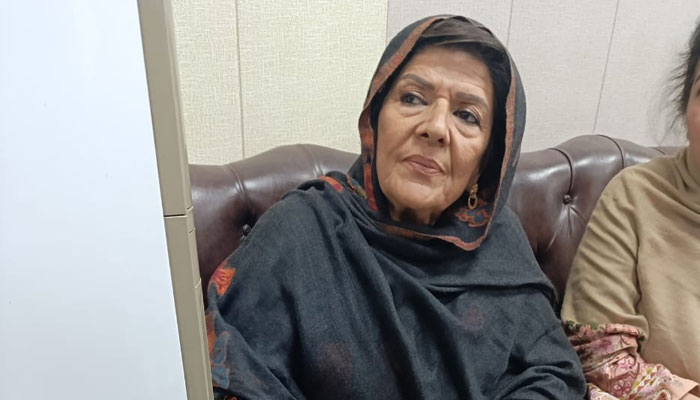LEGAL

Justice Ali Baqar Najafi — recently elevated to the Federal Constitutional Court (FCC) — has stated in an additional note that the Noor Mukadam murder case is the outcome of a “vice” spreading in society, referring to what he described as a “living relationship”, commonly understood as a live-in relationship.
The note, published on the Supreme Court’s website on Wednesday, relates to the dismissal of Zahir Zakir Jaffer’s review petition against his death penalty for the 2021 murder of 27-year-old Noor Mukadam in Islamabad.
Justice Najafi’s Observations
Justice Najafi upheld the death sentence and said the case emerged from an “upper society vice”, arguing that live-in relationships “ignore societal compulsions” and “defy not only the law of the land but also personal law” under Sharia.
He further wrote that pursuing such relationships amounts to a “direct revolt against Almighty Allah” and urged the youth to recognise the “horrible consequences” of such choices, saying the case should serve as a lesson for social reformers.
Justice Najafi also held that no mitigating factors existed in the case and that alleged discrepancies — including delay in post-mortem and absence of fingerprints on the murder weapon — did not undermine the prosecution’s circumstantial evidence.
“In this case of circumstantial evidence, one end of the rope is found tied with the dead body of Noor Mukadam, and the other end tied with the neck of the petitioner,” he wrote, asserting that the evidence remained intact and consistent.
Background of the Case
Noor Mukadam was murdered on July 20, 2021, at a residence in Islamabad’s F-7/4 sector. Zahir Jaffer, arrested at the crime scene, was charged with murder and rape. In February 2022, a district and sessions court sentenced him to death and 25 years’ imprisonment. Two household staff members were sentenced to 10 years each for abetting and facilitating the crime.
Zahir’s parents and employees of Therapy Works were initially indicted for allegedly attempting to conceal evidence but were later acquitted.
In March 2023, the Islamabad High Court upheld Zahir’s death sentence and converted his 25-year jail term into an additional death penalty. The following month, Zahir approached the Supreme Court claiming misappreciation of evidence. A three-judge SC bench — including Justice Najafi — upheld his death sentence in May 2024.
Elevation to the Federal Constitutional Court
Last month, before Zahir’s review petition was taken up, Justice Najafi told defence counsel Khawaja Haris that he would issue an additional note. He was later sworn in as a judge of the newly created Federal Constitutional Court — formed under the 27th Constitutional Amendment — and the note was published today.
In the note, he also observed that the account of Noor’s father, former ambassador Shaukat Mukadam, was strongly corroborated by the evidence on record.
With the SC and now Justice Najafi’s additional explanation reaffirming the capital punishment, the case stands as one of the most high-profile murder trials in recent Pakistani judicial history.




